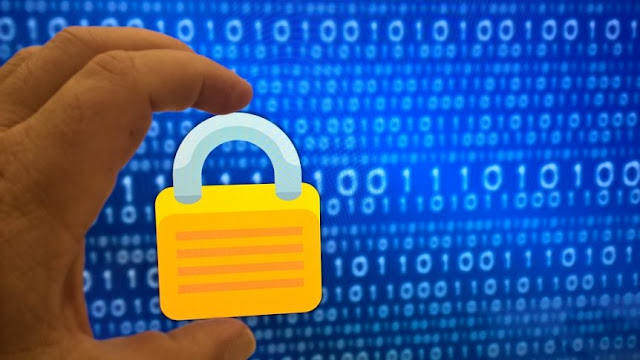Privacy is a critical concern in the digital age, and it is closely related to the use of software and technology. Software plays a significant role in collecting, processing, and storing vast amounts of personal data, raising important questions about trust, data security, and user privacy.
When it comes to trusting software in terms of privacy, several factors come into play:
Developer Reputation: Trust in software often depends on the reputation and track record of the developer or company behind it. Established and reputable software developers tend to prioritize user privacy and security in their products.
Open-Source vs. Closed-Source Software: Open-source software allows users to access the source code, enabling transparency and community scrutiny for potential privacy concerns. Closed-source or proprietary software, on the other hand, does not provide such visibility, which can lead to concerns about hidden data collection practices.
Data Collection and Consent: Trustworthy software should have clear and transparent data collection practices. Users should be informed about what data is being collected, how it will be used, and given the option to provide consent.
Security Measures: Software that prioritizes privacy should implement robust security measures to protect user data from unauthorized access or breaches.
Compliance with Regulations: Trustworthy software should comply with relevant privacy regulations and standards, such as the General Data Protection Regulation (GDPR) in Europe or the California Consumer Privacy Act (CCPA) in the United States.
Updates and Support: Regular updates and ongoing support from developers indicate a commitment to addressing privacy vulnerabilities and maintaining data security.
However, it's essential for users to be cautious and selective when using software and applications that handle personal data. Reading privacy policies, checking reviews, and being aware of the permissions granted to software can help users make informed decisions about the level of trust they place in any particular software. Additionally, using security measures like firewalls, antivirus software, and virtual private networks (VPNs) can add an extra layer of protection to ensure privacy and security while using software and online services.


No comments:
Post a Comment
Contact The Wizard!
(he/him)